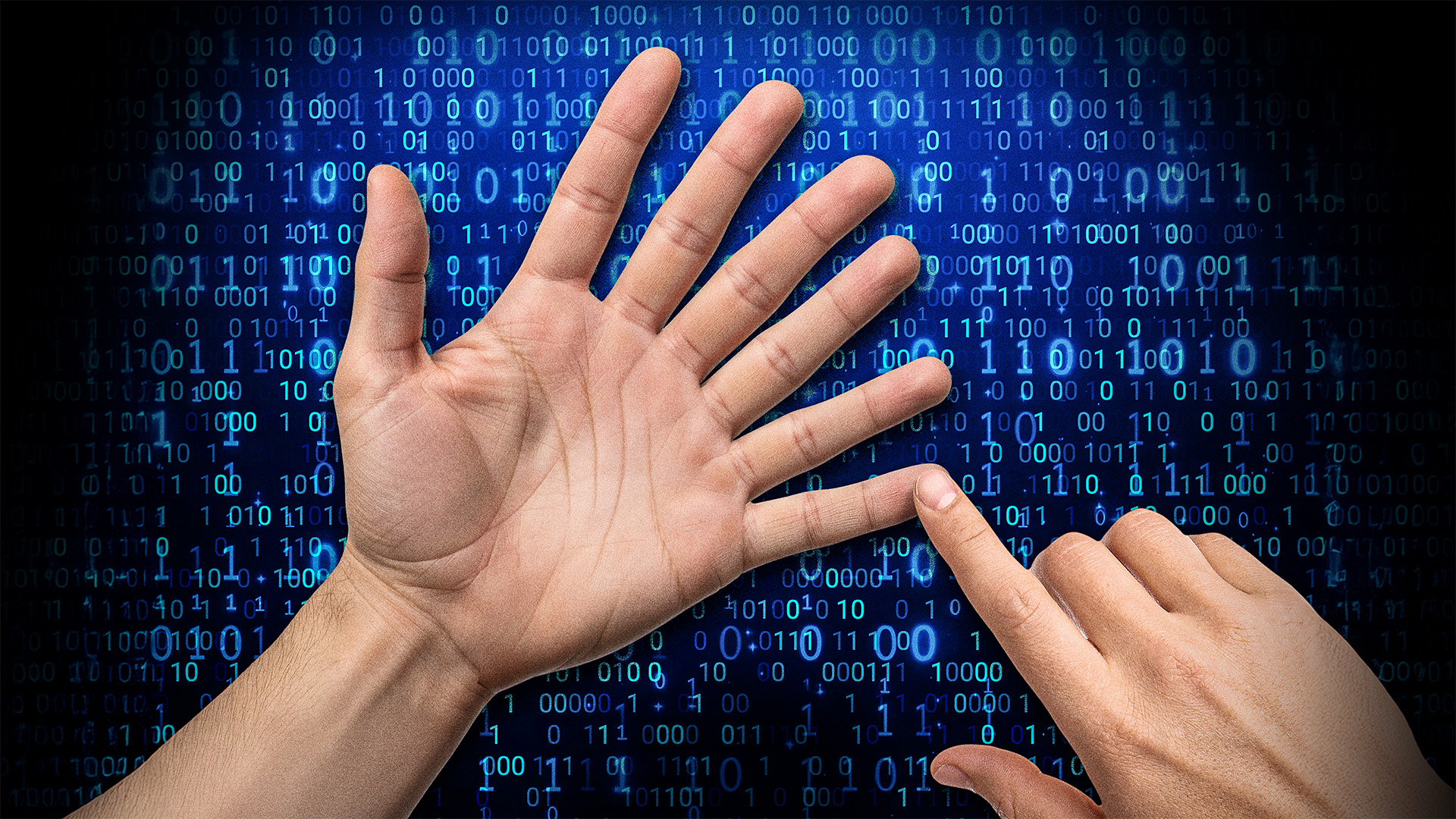Are you suffering from the surveillance delusion? I think I am.
We’re surrounded by surveillance cameras, that’s obvious. They’re normal street furniture now.
Perhaps that provides some deterrence to crime. Being recorded walking down Oxford Street seems a small price to pay if it means there’s a reduced risk of someone snatching my phone from my hand. Given the spate of phone thefts in central London, though, I’m not sure that’s working.
Video surveillance in supermarkets is a bit more disconcerting, with in-your-face screens that let you know you’re being recorded; but I can take that if I’m shopping in a hurry. I’m no shoplifter, so why should I care? Don’t the benefits outweigh the minimal costs?
According to Oxford philosopher Carissa Véliz, author of the book Privacy is Power and the forthcoming Prophecy, however, I shouldn’t be so blasé.
Surveillance cameras are just the most visible manifestation of a widescale loss of privacy driven by digital tech. AI allows swift and mostly accurate search and analysis of massive data sets. Facial recognition is already here. But that’s not the half of it.
Your online searches, purchases, movements, messages, all produce data that can be stored, analysed, and traded. Businesses and governments are hungry for your personal information. They devour, collect, buy, and sell details about anyone they can. Very few escape.
They’re after your telephone number, your email address, your age, education level, sexual preferences, purchase history, political leaning, and much else besides. They probably already know far more about you than you suspect.
“So what?” you might say. But Véliz believes this can pose a real threat to freedom and democracy. Governments know much more about their citizens than the Stasi did about East Germans before the wall fell, and some of what they know comes via private businesses.
Data enthusiasts claim that most of the information collected and traded is detached from identifying details, but the reality is that triangulation often allows anonymised data to be tracked back to individuals by inference. Private companies may seem less threatening than data-devouring states, but, according to Véliz, that’s just another part of the surveillance delusion. Private companies have a terrible record on data leaks, and on handing over or selling sensitive information to authoritarian governments.
Véliz believes we are sleepwalking towards disaster. Digital surveillance supercharged by AI is fuelling this. So too is our nonchalance.
The biggest threats that the delusion blinds us to are to our democratic freedoms. The main point of surveillance is to control people.
If people know or suspect they are being watched, they behave differently. Even fixing a cut-out photograph of a human eye on an honesty box for coffee payments in an office kitchen makes people more likely to pay.
Suggested Reading


Virtual friends don’t belong in the real world
Jeremy Bentham exploited this human tendency in his famous Panopticon prison design in which prisoners couldn’t tell at any moment if a guard was watching them. Bentham described this as “a machine for grinding rogues honest”. Over time, their behaviour would be shaped into something more socially acceptable. Surveillance is power.
Another way that surveillance acts is by identifying transgressive individuals, allowing them to be caught, punished and “re-educated”. People who don’t do what the state thinks they should get identified. AI knows where they live.
That’s how China is using large-scale surveillance of its people, and other wannabe authoritarian states are eager to emulate them. If you aim to build a police state, surveillance is key. Today that means having access to massive searchable data sets with granular information on your population.
What about the benefits of new tech? I get some good recommendations on Netflix, and I use Google Maps to navigate. Giving away data about my movie tastes and movements seems a small price to pay. Nothing terrible has happened yet, and I’ve been doing this for years. What’s the problem?
Véliz’s response is interesting: most benefits, she believes, could be achieved without capturing so much data.
Tech businesses have a commercial interest in garnering as much as they possibly can, because they can use or sell it. But the really disturbing consequence of the surveillance delusion on Véliz’s reckoning (and I’m starting to think she’s right) is that, by our digital disclosures, we are making life far too easy for some future dictator to exercise control over us.
Worryingly, there may be one lurking in the wings.




